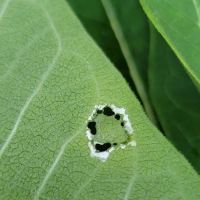Pollinator Garden and Monarch Waystation Introduce
In the verdant embrace of Inwood Hill Park, a truly special and vital green space has taken root: the Pollinator Garden and Monarch Waystation. For New Yorkers, particularly those in Upper Manhattan, this garden is more than just a collection of plants; it's a vibrant, living testament to community dedication and ecological preservation right within the city limits. It serves as a critical habitat for butterflies, bees, and other essential pollinators, playing a crucial role in supporting urban biodiversity.
Nestled within one of New York City's most unique natural settings—a park that boasts the last remaining primeval forest in Manhattan—this garden offers a fascinating glimpse into the intricate relationships between plants and wildlife. It's a place where you can observe monarch butterflies on their incredible migration, watch bees diligently gather nectar, and appreciate the beauty of native plant species thriving in an urban environment. The garden’s creation is a beautiful example of how local initiatives, like the Friends of Inwood Hill Park, can transform urban spaces into thriving ecological havens.
The Pollinator Garden and Monarch Waystation isn't just a place of scientific importance; it's also a tranquil and educational spot for all ages. It provides a peaceful retreat from the city's hustle, inviting visitors to pause, learn about the importance of pollinators, and connect with nature. Its presence enriches the overall experience of Inwood Hill Park, adding another layer of depth and purpose to this cherished natural landscape in New York City.
The Pollinator Garden and Monarch Waystation is located within Inwood Hill Park, specifically at the intersection of Seaman Avenue & Isham Street, New York, NY 10034, USA. This places it in the northernmost tip of Manhattan, within one of the borough's most significant natural areas. Its location provides a serene escape from the urban density, yet remains highly accessible for New Yorkers.
For New Yorkers relying on public transportation, accessing the Pollinator Garden is straightforward:
- Subway Access:
- 207th Street Station (A train): This is the closest subway station, typically a 5-10 minute walk from the garden's entrance at Seaman Avenue and Isham Street. The A train provides express service, offering direct and quick connections to Midtown Manhattan, Downtown, and even JFK Airport (via AirTrain).
- Dyckman Street Station (A train): Also within walking distance, this provides another convenient option.
- 207th Street-Broadway Station (1 train): While a bit further, this station on the 1 local train line is also a viable option, though it might involve a slightly longer walk into the park.
- Bus Access:
- Several MTA bus lines serve the Inwood neighborhood, with stops frequently located near the entrances to Inwood Hill Park. Routes such as the M100, M98, Bx7, and Bx12 provide excellent coverage throughout Upper Manhattan and connections to the Bronx. These routes offer convenient local access.
- Walking and Cycling:
- For residents of Inwood and Marble Hill, walking or cycling to the garden is a popular and enjoyable option, as the garden is easily integrated into the park's existing pathways. Inwood Hill Park also offers a robust network of trails ideal for both walking and cycling.
- Parking:
- While street parking can be competitive in New York City, some metered street parking may be available in the residential areas surrounding Inwood Hill Park. There are no dedicated parking lots specifically for the garden, but public transportation is generally the most recommended way to access this green space.
The garden's excellent accessibility ensures that more New Yorkers can visit and appreciate this vital ecological habitat.
The Pollinator Garden and Monarch Waystation, while a specialized garden, offers a range of ecological and community-oriented services. These are distinct from typical commercial services, focusing instead on environmental benefit and public engagement.
- Habitat Provision: The primary service is providing essential habitat for pollinators, including monarch butterflies, bees, and other beneficial insects. This supports their life cycles and contributes to the broader ecosystem.
- Ecological Education: The garden serves as a living classroom, demonstrating the importance of native plants and pollinator-friendly gardening practices. It allows visitors to learn about biodiversity and ecological conservation in an urban setting.
- Monarch Waystation: As a certified Monarch Waystation, it specifically offers milkweed plants and nectar sources vital for monarch butterflies during their incredible migratory journeys, contributing to the conservation of this iconic species.
- Community Engagement Platform: The garden is a prime example of community stewardship, created and maintained by local volunteers and organizations like the Friends of Inwood Hill Park. It provides opportunities for community members to participate in gardening, clean-ups, and other collaborative efforts.
- Nature Observation: Offers a peaceful space for visitors to observe wildlife, including various insect species, birds, and the plants that support them. This promotes a connection to nature for urban residents.
- Environmental Beautification: Enhances the aesthetic appeal of Inwood Hill Park, adding a vibrant and purposeful green space that contributes to the overall beauty of the neighborhood.
- Passive Recreation: Provides a quiet area for relaxation, contemplation, and enjoyment of the natural environment within the larger park setting.
These services collectively highlight the garden's dual role as an ecological asset and a valuable community resource.
The Pollinator Garden and Monarch Waystation distinguishes itself with several unique features and highlights that underscore its ecological importance and community value within New York City's urban landscape.
- Community-Driven Creation and Maintenance: A standout feature is that the garden is a "beautiful example of community and Friends of Inwood Hill Park creating a pollinator garden." This highlights its grassroots origin and ongoing maintenance by dedicated local volunteers, showcasing the power of community collaboration in urban greening.
- Ecological Significance: The garden is specifically designed as a "pollinator garden and Monarch Waystation," meaning it actively supports essential insect populations, particularly monarch butterflies during their migration. This focus on ecological function makes it more than just a decorative garden; it's a vital part of the local ecosystem.
- Transformation of Space: The garden occupies a space "where a towering oak tree once stood." This transformation highlights resilience and adaptability in urban forestry, demonstrating how a new vital ecosystem can emerge after natural changes, turning a loss into a new ecological gain.
- Native Plant Focus: As a pollinator garden, it primarily features native plant species that are crucial for supporting local wildlife. This emphasis on native flora contributes to biodiversity and creates a more sustainable urban landscape.
- Educational Opportunity: The garden serves as an informal educational space where visitors can learn about the life cycles of pollinators, the importance of milkweed for monarchs, and sustainable gardening practices. Signage (if present) and the garden itself act as a learning resource.
- Integration within Inwood Hill Park: Its location within Inwood Hill Park means visitors can combine a visit to the garden with exploring the park's other natural features, including its unique geology, diverse birdlife, and the last remaining primeval forest in Manhattan.
These highlights solidify the Pollinator Garden and Monarch Waystation's role as a vital, community-supported ecological asset within New York City.
As a public garden within Inwood Hill Park, maintained through community efforts and NYC Parks, the Pollinator Garden and Monarch Waystation does not offer commercial promotions or special discount offers in the traditional business sense. Access to the garden and its educational benefits is free for all members of the public, reflecting its purpose as a community and ecological resource.
However, "promotions" in the context of such a garden might refer to non-commercial opportunities or benefits:
- Free Educational Programs: The Friends of Inwood Hill Park or NYC Parks might occasionally host free educational workshops, guided tours, or informal talks at or near the garden, focusing on pollinators, native plants, or local ecology. These provide a valuable learning experience at no cost. Information on such events would typically be announced through their respective websites or local community calendars.
- Volunteer Opportunities: A significant "offer" is the chance for locals to volunteer their time and effort in maintaining and enhancing the garden. As a community-created space, it thrives on volunteerism. Participating in planting days, weeding, or other maintenance tasks allows individuals to directly contribute to a vital ecological project and connect with fellow community members.
- Monarch Tagging Events: During monarch migration season, there might be opportunities to participate in monarch tagging programs, which contribute to scientific research on butterfly migration. These events are often free and offer a unique, hands-on experience.
- Access to Natural Beauty: The continuous "promotion" is the free and open access to a beautiful, thriving urban ecosystem that changes with the seasons, offering a different visual and ecological experience throughout the year.
For the most accurate and up-to-date information on any specific events or volunteer opportunities related to the Pollinator Garden and Monarch Waystation, it is best to consult the website of the Friends of Inwood Hill Park or the official NYC Parks website.
For inquiries related to the Pollinator Garden and Monarch Waystation, direct contact information for the garden itself is typically not available, as it is a specific feature within a larger public park maintained by community volunteers and NYC Parks.
Address: Seaman Avenue & Isham Street, New York, NY 10034, USA (The garden is located within Inwood Hill Park at this approximate intersection).
For general inquiries about Inwood Hill Park, park operations, or community garden initiatives within NYC Parks, you can utilize the main contact channels for NYC Parks:
NYC Parks General Phone: (212) 639-9675
NYC Parks Website: www.nycgovparks.org
Additionally, since the garden is a community-driven effort, the 'Friends of Inwood Hill Park' would be a key resource for specific information about the garden, volunteer opportunities, or any events they might host. While they may not have a publicly listed phone number for the garden specifically, their website or social media channels would be the best way to connect with the organizing community. Look for information about the Friends of Inwood Hill Park online for direct engagement with the garden's stewards.
The Pollinator Garden and Monarch Waystation is exceptionally suitable for New York locals, particularly those in Upper Manhattan, for several compelling reasons. Firstly, it provides a vital and accessible opportunity to connect with nature and engage with urban ecology without leaving the city. In a densely populated environment, having a thriving habitat for pollinators right in their backyard offers a tangible link to the natural world and the critical processes that sustain it. It’s a place where locals can witness biodiversity firsthand, from the mesmerizing dance of monarch butterflies to the industrious work of bees.
Secondly, its very existence is a testament to the power of community, as it was created and is maintained by local volunteers and organizations like the Friends of Inwood Hill Park. This makes it more than just a park feature; it’s a living project that locals can feel a sense of ownership over and contribute to. For New Yorkers looking for meaningful volunteer opportunities or simply to connect with like-minded individuals passionate about greening the city, this garden provides a perfect avenue. It fosters a strong sense of community pride and collective stewardship over a valuable public space.
Finally, its location within the larger Inwood Hill Park means that a visit to the garden can easily be combined with exploring the park's extensive trails, unique geology, and historical sites, offering a comprehensive outdoor experience. The garden is not only beautiful but also educational, providing valuable insights into ecological conservation and the importance of supporting urban wildlife. For any New Yorker seeking a peaceful retreat, a place to learn about nature, or an opportunity to engage with their community, the Pollinator Garden and Monarch Waystation is an ideal and highly rewarding destination.
Pollinator Garden and Monarch Waystation Photos
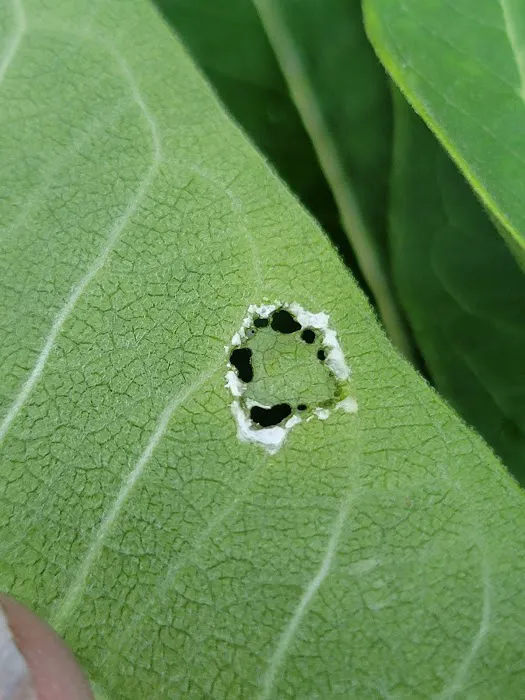
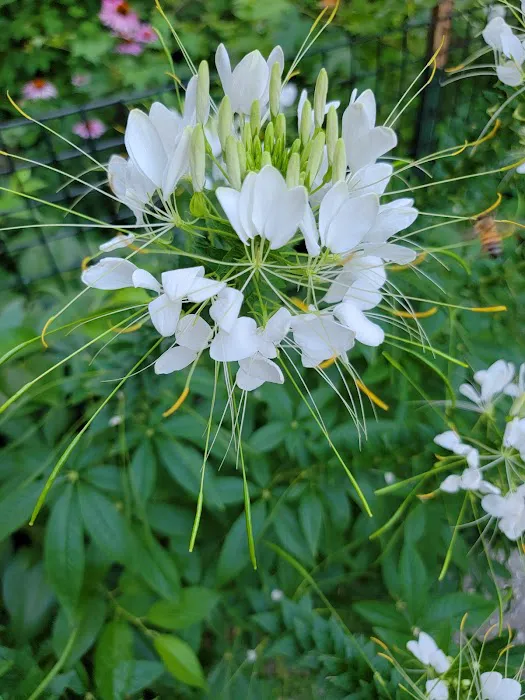
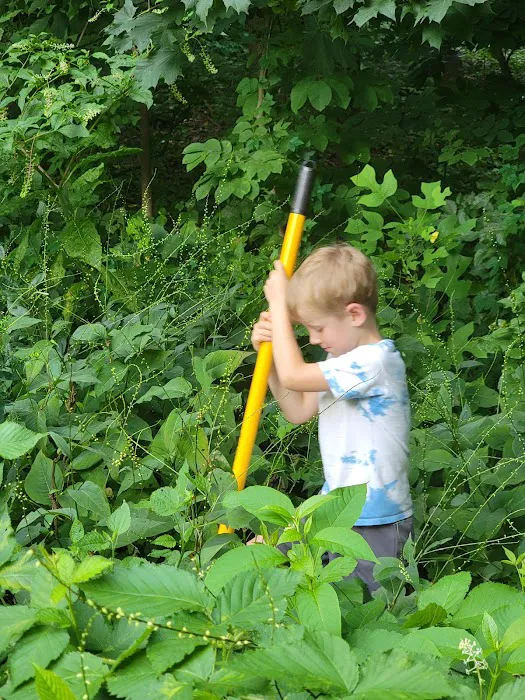
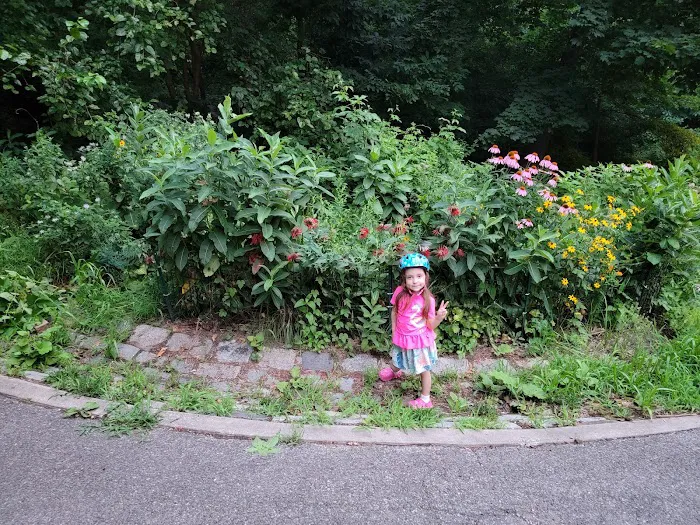
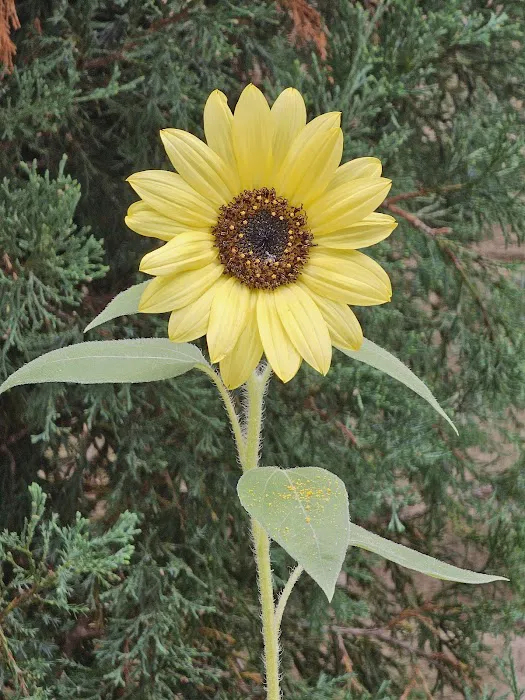
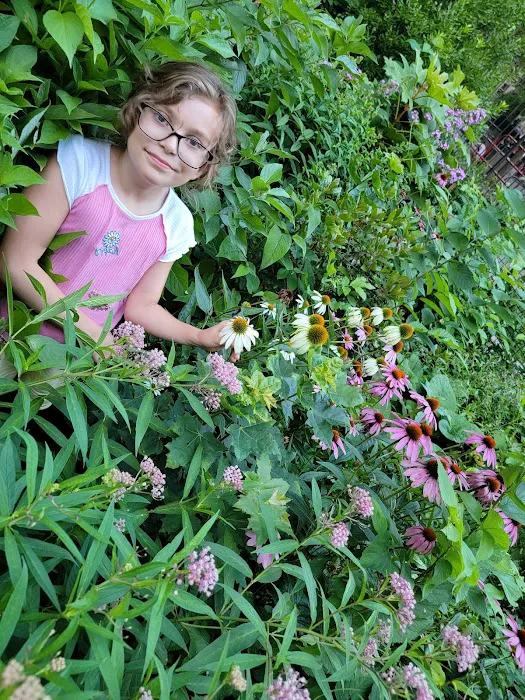
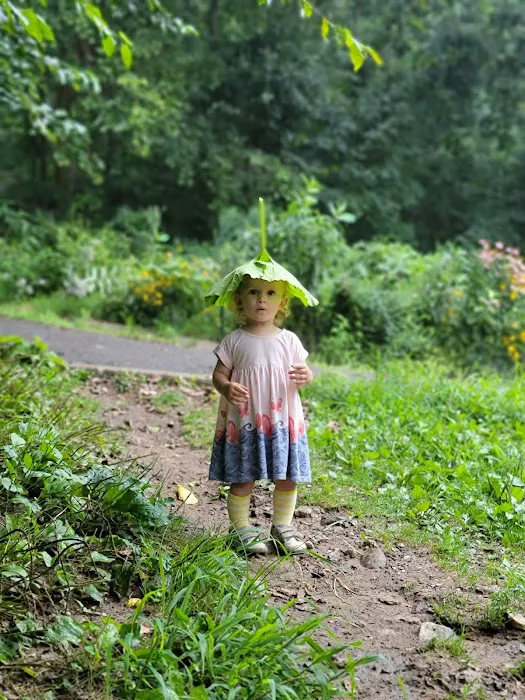
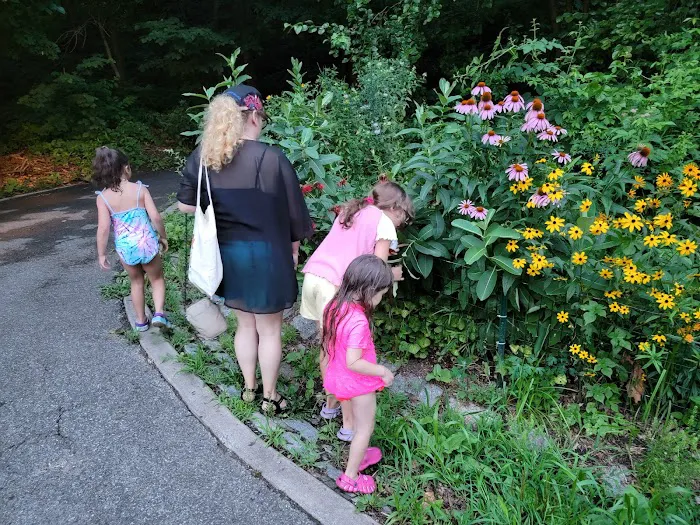
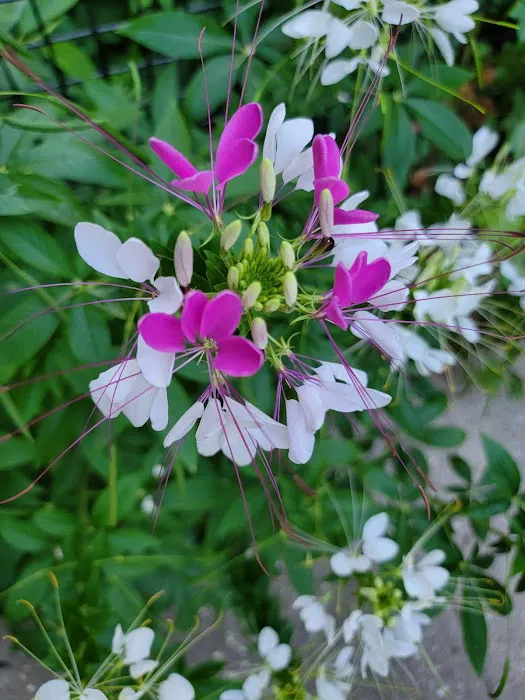
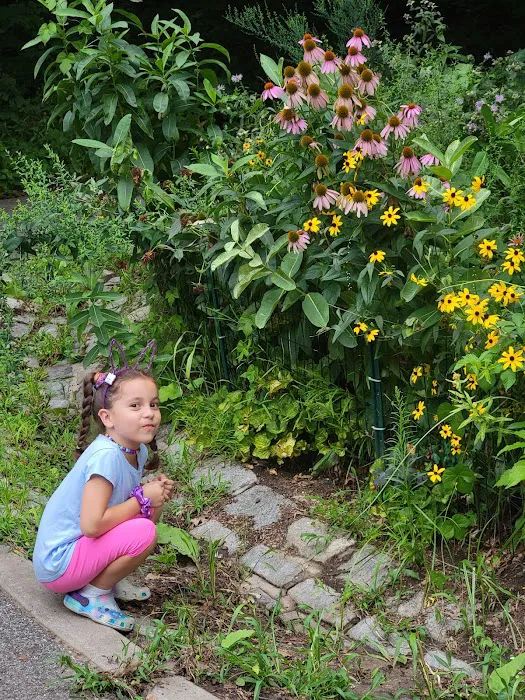
Pollinator Garden and Monarch Waystation Location
Pollinator Garden and Monarch Waystation
Seaman Ave &, Isham St, New York, NY 10034, USA
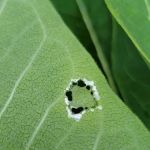 Pollinator Garden and Monarch Waystation
Pollinator Garden and Monarch WaystationSeaman Ave &
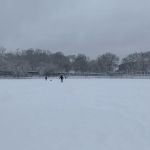 Homer's Run
Homer's RunV3CH+C8
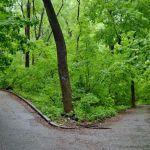 Annual Friends of IHP Earth Day Festival
Annual Friends of IHP Earth Day FestivalIsham St &
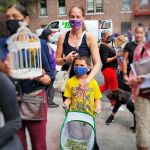 Inwood Butterfly Sanctuary
Inwood Butterfly Sanctuary630 Isham St
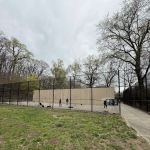 Inwood field 3
Inwood field 3V3CH+C8 Homer's Run
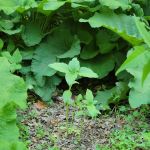 Isham Park Monarch Waystation and Pollinator Garden
Isham Park Monarch Waystation and Pollinator GardenIsham St between Seaman Ave. and
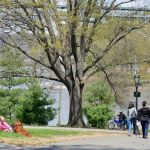 Inwood Hill Park
Inwood Hill ParkPayson Ave. &
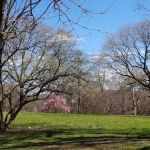 Isham Park
Isham ParkIsham St
 600 W 218th St
600 W 218th St600 W 218th St
 Isham Street
Isham StreetIsham St
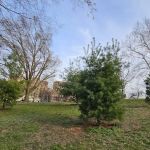 Tree of Peace Garden
Tree of Peace Garden2-34 Indian Rd
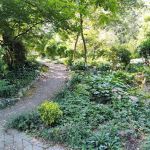 Bruce's Garden
Bruce's Garden11 Park Terrace E
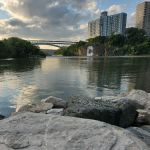 Muscota Marsh
Muscota Marsh575 W 218th St
Pollinator Garden and Monarch Waystation Reviews
A beautiful example of community and Friends of Inwood Hill Park creating a pollinator garden where a towering oak tree once stood.
Aug 07, 2024 · Keith De Cesare
More Scenic Spot
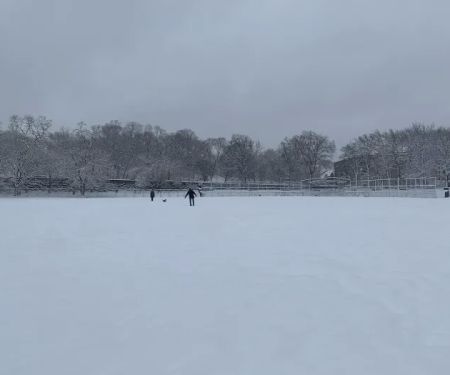 Homer's Run4.0 (41 reviews)
Homer's Run4.0 (41 reviews)V3CH+C8, New York, NY 10034, USA
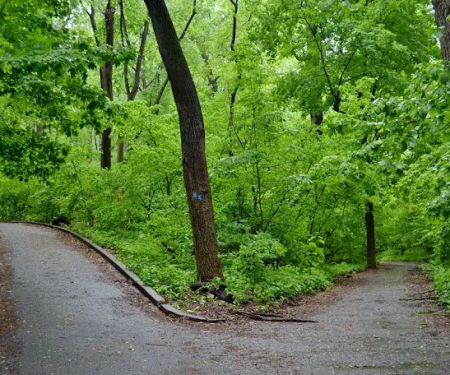 Annual Friends of IHP Earth Day Festival0.0 (0 reviews)
Annual Friends of IHP Earth Day Festival0.0 (0 reviews)Isham St &, Seaman Ave, New York, NY 10034, USA
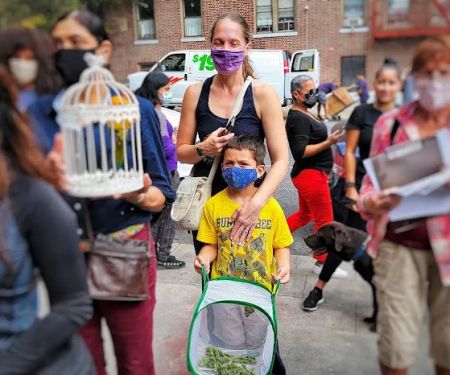 Inwood Butterfly Sanctuary4.0 (4 reviews)
Inwood Butterfly Sanctuary4.0 (4 reviews)630 Isham St, New York, NY 10034, USA
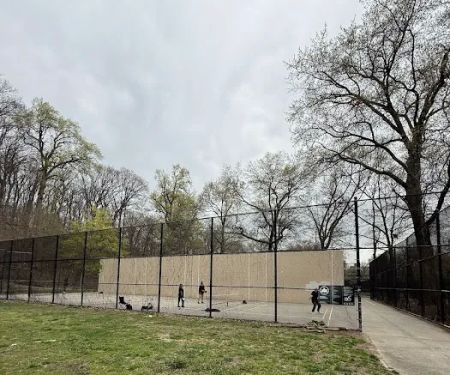 Inwood field 35.0 (1 reviews)
Inwood field 35.0 (1 reviews)V3CH+C8 Homer's Run, New York, NY 10034, USA
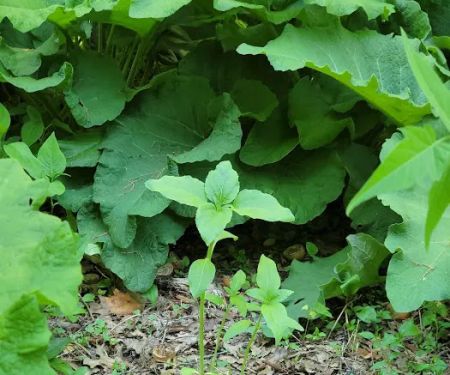 Isham Park Monarch Waystation and Pollinator Garden0.0 (0 reviews)
Isham Park Monarch Waystation and Pollinator Garden0.0 (0 reviews)Isham St between Seaman Ave. and, Cooper St, New York, NY 10034, USA
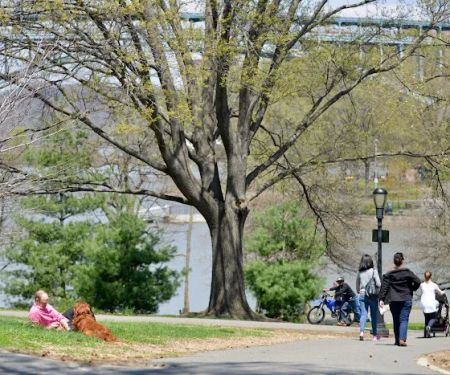 Inwood Hill Park4.0 (3425 reviews)
Inwood Hill Park4.0 (3425 reviews)Payson Ave. &, Seaman Ave, New York, NY 10034, USA
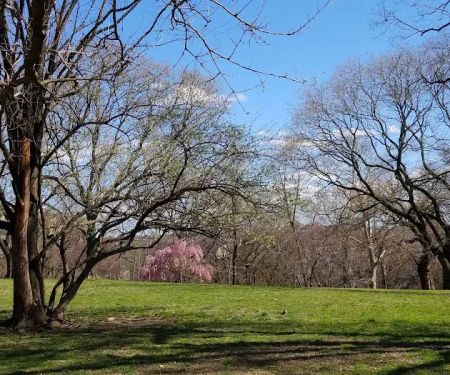 Isham Park4.0 (545 reviews)
Isham Park4.0 (545 reviews)Isham St, New York, NY 10034, USA
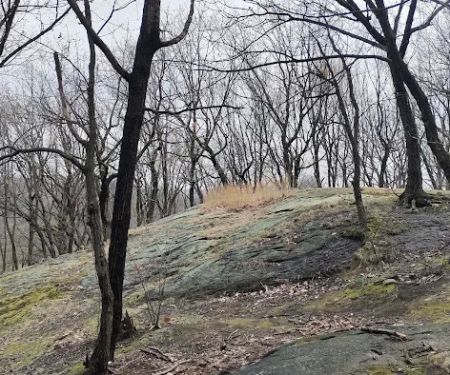 600 W 218th St0.0 (0 reviews)
600 W 218th St0.0 (0 reviews)600 W 218th St, New York, NY 10034, USA
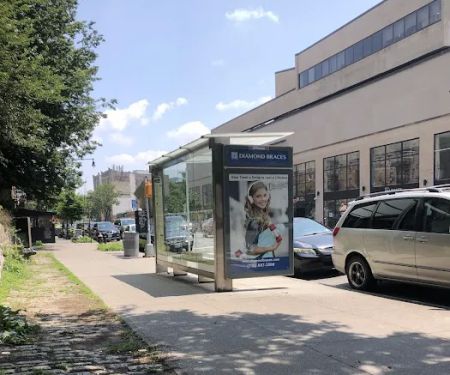 Isham Street0.0 (0 reviews)
Isham Street0.0 (0 reviews)Isham St, New York, NY 10034, USA
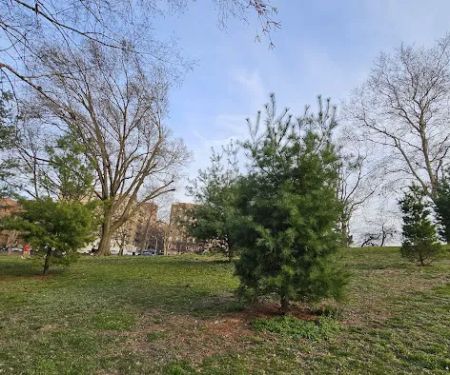 Tree of Peace Garden4.0 (19 reviews)
Tree of Peace Garden4.0 (19 reviews)2-34 Indian Rd, New York, NY 10034, USA
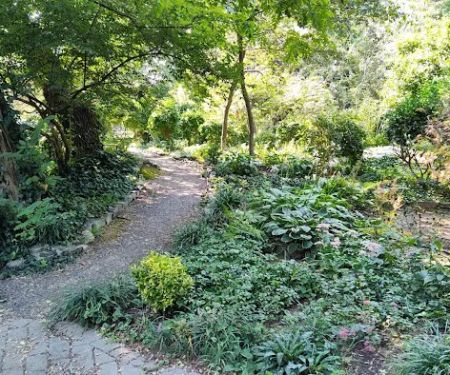 Bruce's Garden4.0 (83 reviews)
Bruce's Garden4.0 (83 reviews)11 Park Terrace E, New York, NY 10034, USA
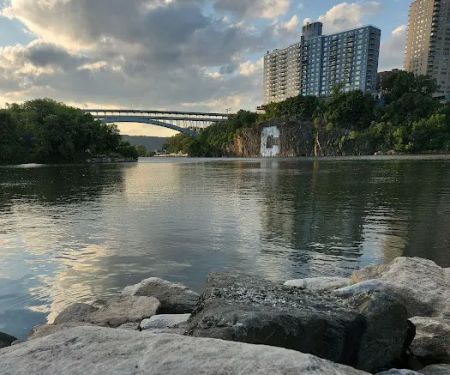 Muscota Marsh4.0 (89 reviews)
Muscota Marsh4.0 (89 reviews)575 W 218th St, New York, NY 10034, USA
Categories
Popular Camping Sites
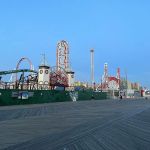 Coney Island Boardwalk Garden4.0 (75 reviews)
Coney Island Boardwalk Garden4.0 (75 reviews) The William Hotel Midtown, Sonder4.0 (555 reviews)
The William Hotel Midtown, Sonder4.0 (555 reviews)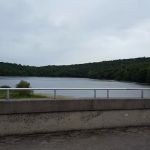 Shepard Lake Recreation Area0.0 (0 reviews)
Shepard Lake Recreation Area0.0 (0 reviews)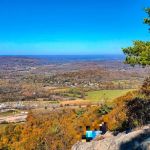 Stairway To Heaven4.0 (185 reviews)
Stairway To Heaven4.0 (185 reviews)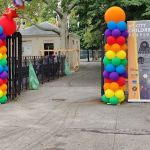 Howard Bennett Playground4.0 (152 reviews)
Howard Bennett Playground4.0 (152 reviews) Isle of Meadows4.0 (10 reviews)
Isle of Meadows4.0 (10 reviews)Must-Read Camping Blog Posts
Most Searched Camping Sites
Trending Camping Blog Posts
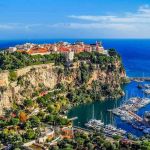 Top Group Travel Destinations in Europe: Best Places for Group Vacations
Top Group Travel Destinations in Europe: Best Places for Group Vacations How to Get Involved in Travel Clans for Social Travel: Explore Group Travel Opportunities
How to Get Involved in Travel Clans for Social Travel: Explore Group Travel Opportunities Best Travel Clans for Sustainable Travel
Best Travel Clans for Sustainable Travel Travel Clans for Solo Travelers Looking for Company: Join Unique Travel Communities
Travel Clans for Solo Travelers Looking for Company: Join Unique Travel Communities Best Group Vacation Destinations for Friends: Ultimate Travel Ideas
Best Group Vacation Destinations for Friends: Ultimate Travel Ideas Best Travel Clans for Women Traveling Together
Best Travel Clans for Women Traveling Together 
